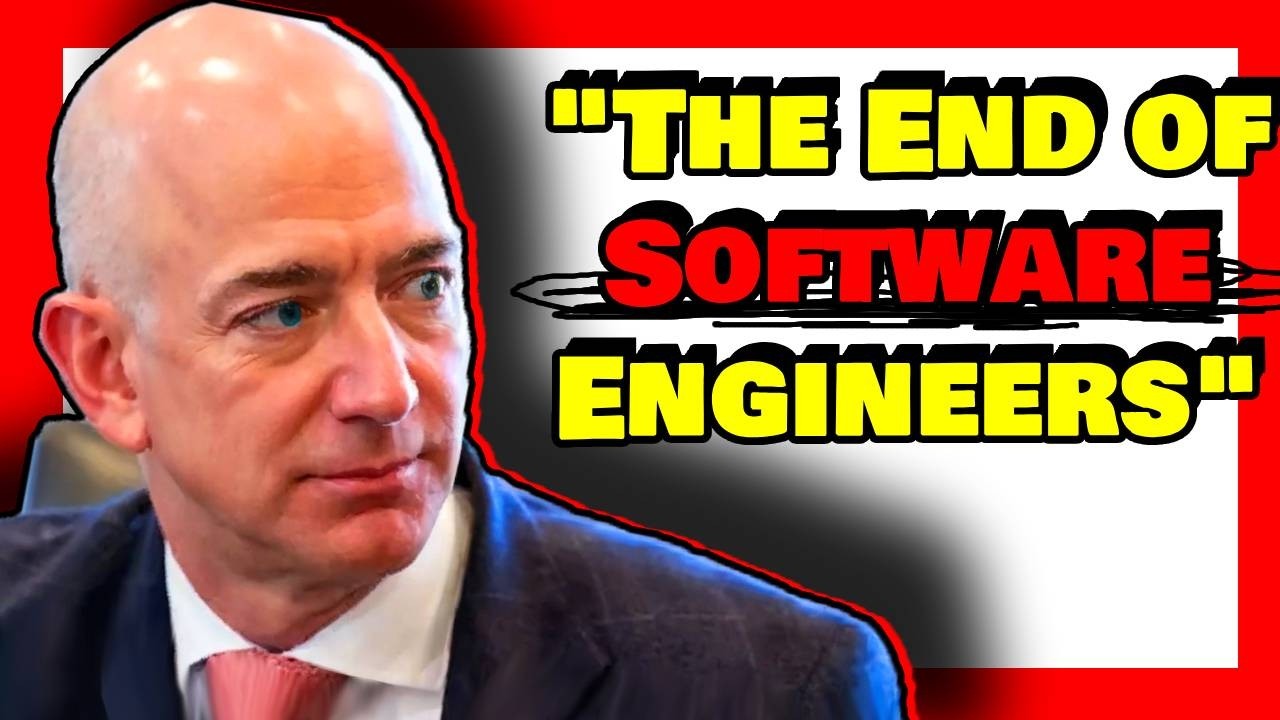In a leaked conversation, AWS CEO Matt Garimain expressed that the future of software engineering may see a reduced need for traditional coding as AI takes over coding tasks, shifting the focus of developers towards problem-solving and user engagement. Industry leaders, including those from Microsoft and Nvidia, agree that while AI will transform the field, it will not replace skilled developers, emphasizing the importance of education in effectively communicating with AI systems.
In a recently leaked internal conversation, AWS CEO Matt Garimain expressed concerns about the future of software engineering, suggesting that within the next 24 months, many developers may no longer need to code as artificial intelligence (AI) takes over coding tasks. During a fireside chat held in June, Garimain emphasized that coding is merely a language for communicating with computers, and the true skill lies in innovation and understanding user needs. This shift indicates that the role of software developers will evolve, focusing more on problem-solving and customer engagement rather than traditional coding.
The conversation comes amid a broader debate in the tech industry, where many companies are investing heavily in AI while simultaneously laying off employees. Although AI tools that can generate code are becoming more prevalent, they are not yet perfect replacements for human developers. Many skilled developers remain skeptical about the idea that AI will fully replace them in the near future. Garimain’s tone, however, was optimistic, suggesting that AWS is committed to helping employees upskill and leverage AI to enhance their productivity rather than replace them.
Other tech leaders, including Satya Nadella of Microsoft and Jensen Huang of Nvidia, have also weighed in on the intersection of AI and software development. They highlight the potential for AI to democratize technology, allowing more people to engage with it without needing extensive programming knowledge. Nadella, in particular, pointed out that the goal should be to create technology that enables everyone to become a programmer, effectively closing the technology divide and empowering individuals across various fields.
The discussion also touched on the importance of education in this evolving landscape. Leaders suggested that future generations should focus less on traditional programming skills and more on understanding how to effectively communicate with AI systems. This shift in educational priorities reflects the belief that the ability to ask the right questions and provide clear instructions to AI will become more valuable than conventional coding skills.
Overall, the consensus among industry leaders is that while AI will significantly change the landscape of software development, it will not eliminate the need for skilled developers. Instead, the focus will shift towards enhancing creativity, problem-solving, and user-centric design. As barriers to entry in software development decrease, there is potential for a substantial increase in the number of individuals entering the field, leading to a more diverse and innovative tech landscape.
